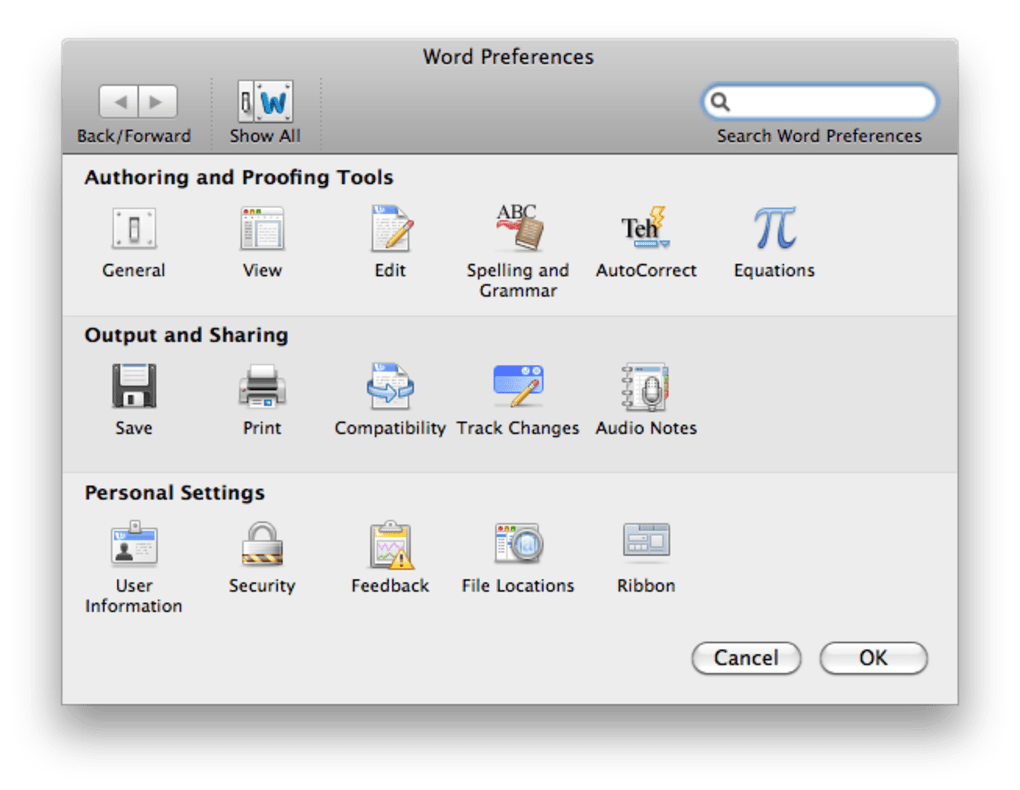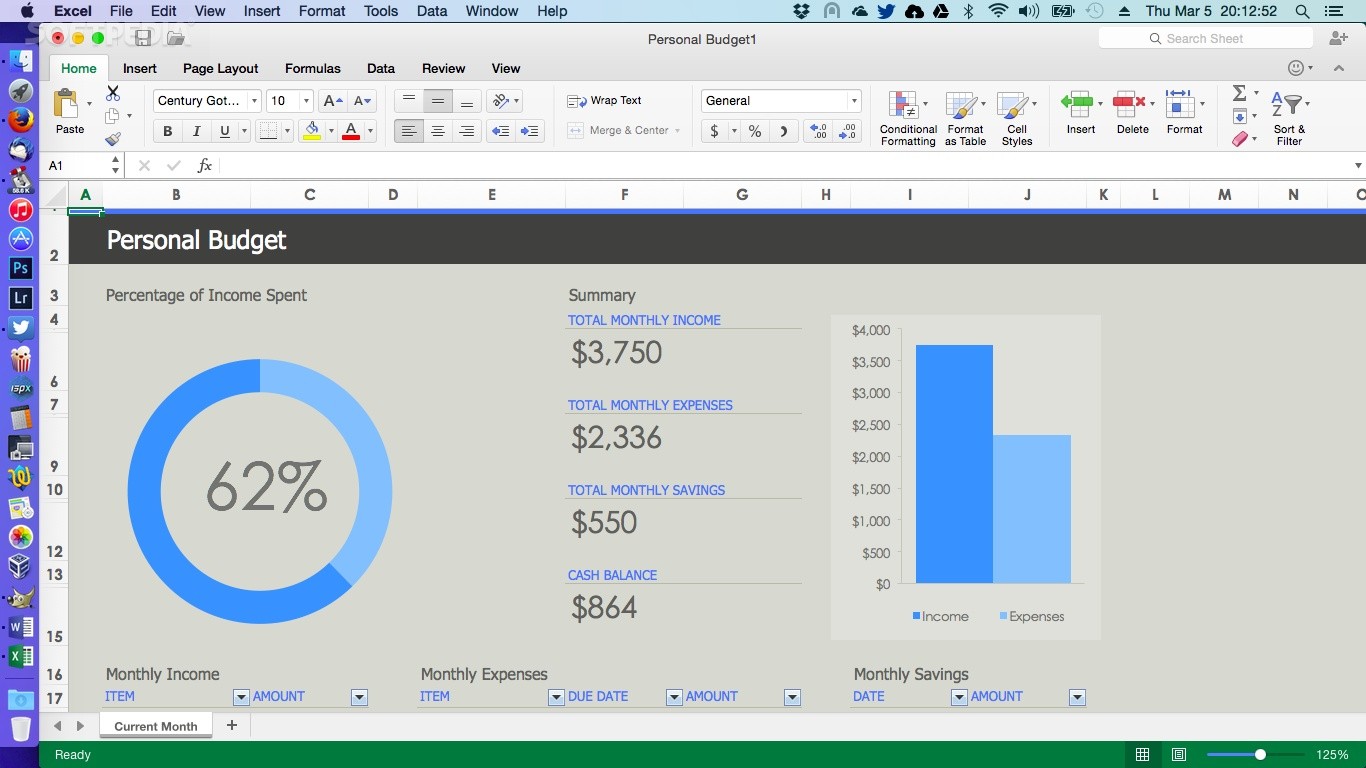

Including three different applications called Pages, Numbers and Keynote, perfectly integrated between them, that allow you to combine all their possibilities to create any project. IWork includes a set of tools to create all sorts of documents, slideshows and spreadsheets, very useful for any field. This has been its status since at least when Apache OpenOffice 4.1.11 was released, half a year ago.IWork is the office suite for Mac par excellence, as it has been designed to make the most of the computers made by the Californian company. You can still open it by going into macOS's Security & Privacy prefpane immediately after trying to launch it, where there will be a button labeled "Open anyway", but this bogus-why isn't this developer verified with Apple yet? The download page for Apache OpenOffice () has a button labeled "Important hints for OS X", but when you click on it, the only thing it says about an OS X version is "Coming soon".

And, even worse, if you save the document in OpenOffice's format (.odt), Word can't open the file. doc format, the new file won't have any of these undesired font changes. docx file in Microsoft Word, and save it as.

This problem is at least partly a flaw specific to OpenOffice, because if you open the same. doc-for instance, Palatino gets changed to Times New Roman, 10 point Helvetica remains Helvetica, but it gets changed to 10 point and who knows what else. docx files, but also even some simple formatting options, like the font, font size, etc. doc, but that format doesn't save some of the newer Microsoft Word formatting options you can choose for. docx format, since Microsoft has a copyright on the format-instead, OpenOffice can save files as. docx files, and you can edit them just fine, when it comes time to save your changes, you can't save the file in. Though OpenOffice's Microsoft Word emulator can open.Here's a couple deal-breakers against using OpenOffice, at least its current version (4.1.11):


 0 kommentar(er)
0 kommentar(er)
